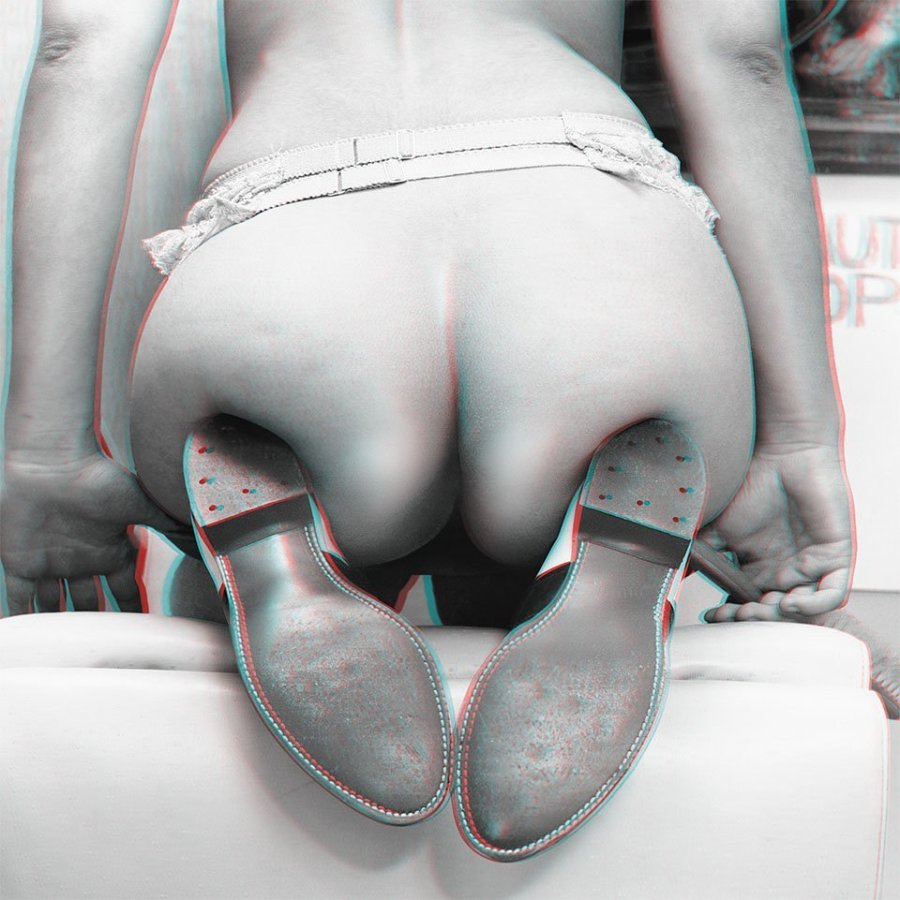Alioune DVToure wrote:Does PTSD count as depression? I'm sure the number of young sufferers in Sierra Leone is through the roof.
I don't know how right or wrong I am, but I always imagine a link between depression and education/self-awareness. It's a modern term after all, which was given a physical-medical diagnosis ('melancholy') in Europe just a couple of centuries ago.
I suppose my point is that there's probably a lot more DIAGNOSED instances of depression in developed and post-religious societies. In some places, it's a social construct that just won't exist.
Or so I imagine. I don't have a very informed view on mental health.
The figures I quoted are incidences that would be expected were the same diagnostic tools available and mortality rates equal throughout the world.
No, PTSD isn't included. The figures quoted are for unipolar depressive episodes/disorder, and don't include PTSD, manic depression, etc.
Oddly enough (and sounding as glib as one of NQDP's assertions), there are higher instances of PTSD in Bosnia amongst returnee refugees, from what I've been told, than amongst those who stayed and endured the whole war. This is in part due to them ending up in Germany and such other places, and being diagnosed with it, which has led people into a kind of spiral of self-consciousness, which has never had to be endured by those who stayed and suffered together.
Another sick thing in Bosnia is that the two drugs that are true 'gateway drugs', and responsible for nearly all addiction problems, are tramadol and a type of amphetamine, both administered as medication to PTSD sufferers.
"Ferguson. Žvaka kurac."
(Ferguson. Chewing-gum cock.)
Old man in a bar in rural Bosnia.








